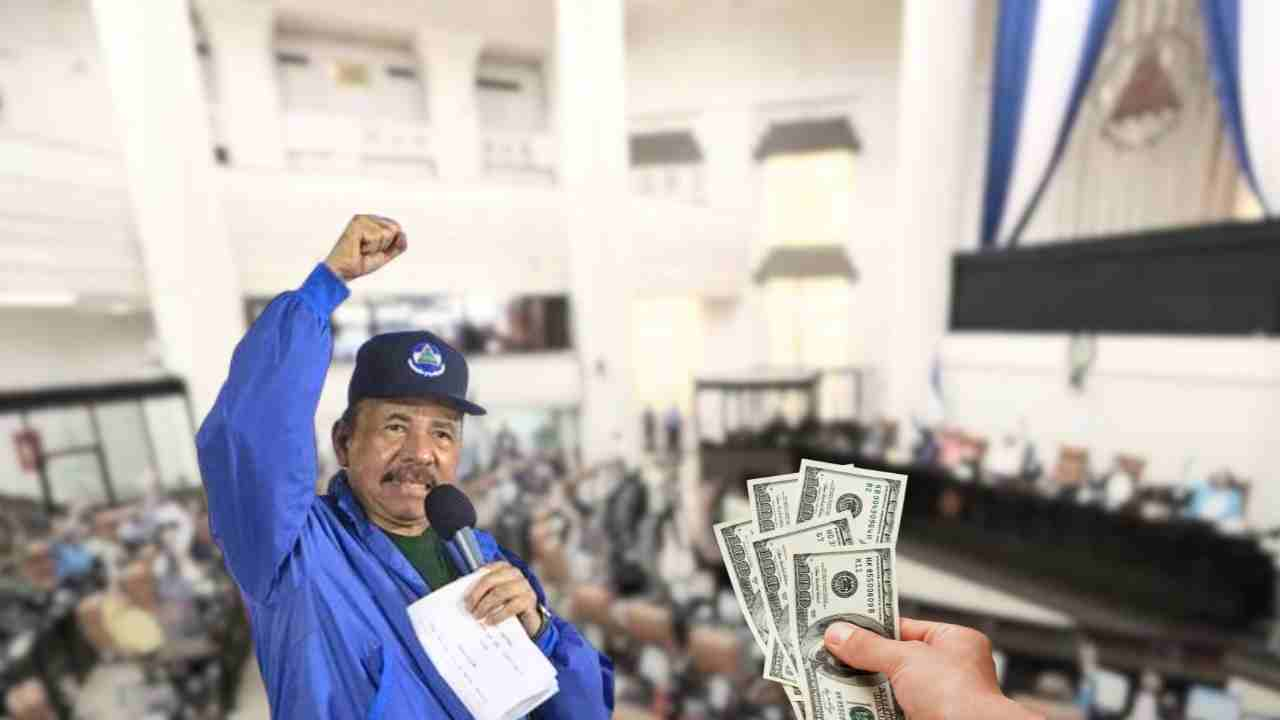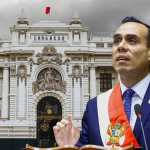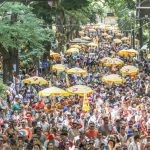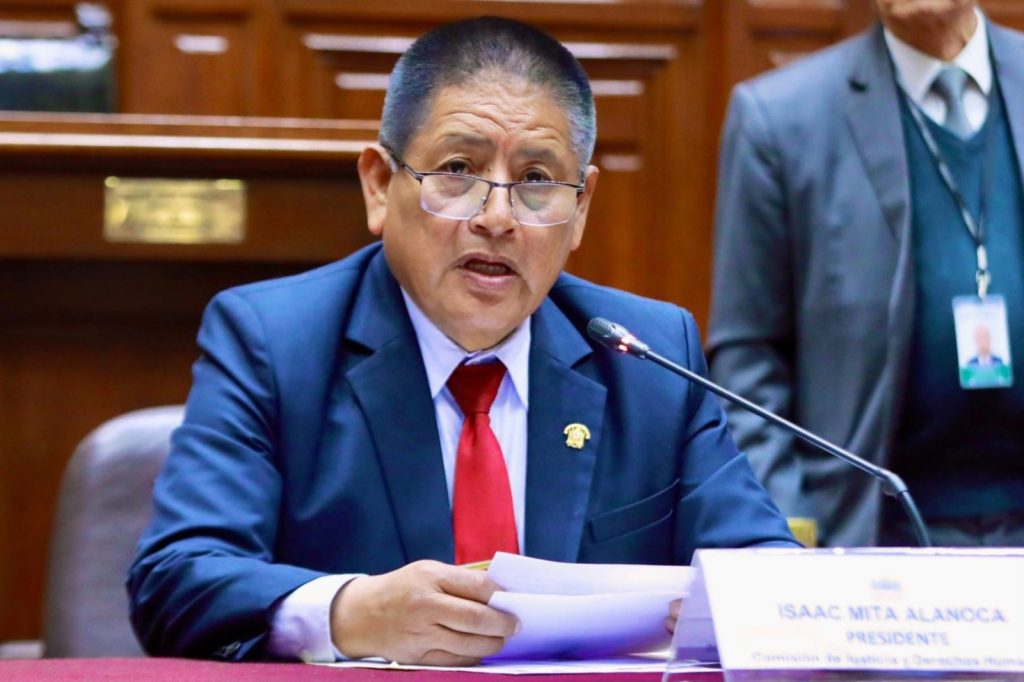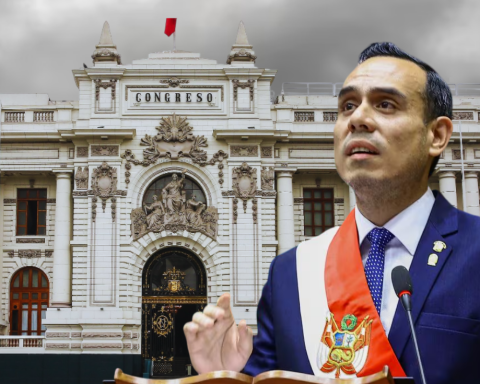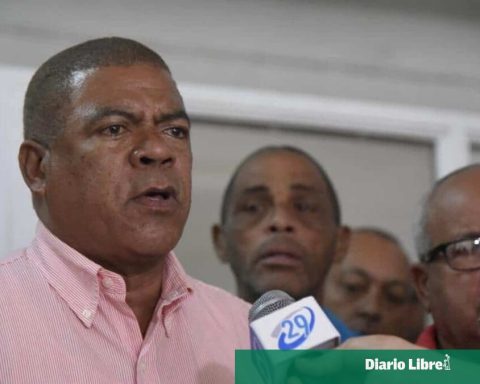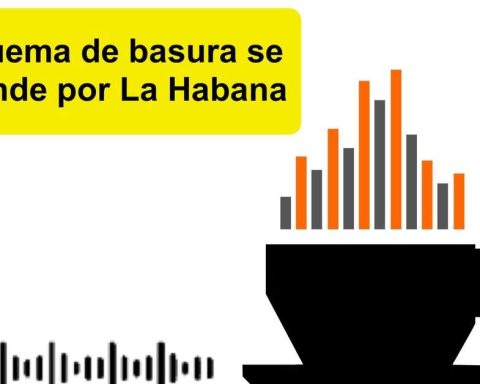A package of legal reforms recently approved in Nicaragua is seen by experts and opponents as an attempt to “legitimize” the persecution of critics of President Daniel Ortega, inside and outside the country.
These are modifications to the Penal Code that allow those who commit actions against the Ortega government abroad to be prosecuted and changes to the cybercrime law that open the way to convict people for publications on social networks.
Related news: Reforms of criminal laws will allow the Ortega regime to “identify, control and repress” more Nicaraguans
Two other laws were also reformed: one requires churches to pay taxes and the other restricts the work of NGOs, which can now only work in joint programs with state entities (Ortega has closed some 5,500 NGOs and confiscated their assets).
These initiatives “seek to create a legal framework that legitimizes new practices that violate human rights,” lawyer Camila Ormar, from the NGO Center for Justice and International Law (Cejil), told AFP.
“These reforms could be used to further intensify the persecution and repression of Nicaraguans, even in exile,” said Christian Salazar Volkmann, head of the UN High Commissioner for Human Rights.
In an annual report on the situation in Nicaragua, the High Commissioner’s office warned of a “serious” deterioration under the government of Ortega and his wife, Vice President Rosario Murillo, with arbitrary arrests of opponents and torture and other mistreatment of detainees.
This report, debated in Geneva in September by the UN Human Rights Council, was rejected by Nicaragua’s attorney general, Wendy Morales.
– “It is not the first time” –
Ortega’s supporters argue that this package of reforms strengthens institutions and makes it possible to combat crime at a “transnational” level.
“These reforms are aimed at strengthening the work of our country’s institutions in charge of confronting transnational organized crime,” said official representative María Auxiliadora Martínez in a parliamentary session.
However, Cejil’s lawyer highlighted that “this is not the first time in Nicaragua that laws have been reformed to criminalize those who are considered opponents or dissident voices.”
“The laws that Nicaragua adopts or reforms must adhere to the human rights treaties recognized by the State,” Ormar pointed out.
Ortega’s government has tightened repression since the 2018 opposition protests, which left more than 300 dead in three months, according to the UN. Since then thousands of Nicaraguans have gone into exile and hundreds have been expelled and their property confiscated.
The 78-year-old former guerrilla, who ruled Nicaragua in the 1980s and returned to power in 2007, maintains that the protests were an attempted coup d’état sponsored by Washington.
– “Gag law” –
The reformed Penal Code contemplates sentences of up to 30 years in prison for those who commit “crimes against the State or its institutions”, whether in Nicaragua or abroad.
Meanwhile, the cybercrime law incorporates sanctions for publications on social networks and applications on smartphones that cause “alarm”, with penalties of up to 10 years in prison.
This type of sanctions “is incompatible with the principle of legality provided for in the American Convention” on Human Rights, according to Cejil.
Prosecuting people who are outside the country will generate “trials in absentia,” warned the head of Cejil.
– “Justify outrages” –
The reform to the cybercrime law toughened a rule in force since 2020, called the “gag law,” which led to the accusation and arrest of many Nicaraguan opponents and journalists for alleged “propagation of fake news.”
“These crimes have caused the denationalization of multiple people,” Nicaraguan lawyer Salvador Marenco, exiled in Costa Rica, told AFP, alluding to the fact that Ortega stripped the nationality of 451 exiled opponents.
Related news: Daniel Ortega forces Nicaragua into dark times by ordering more repressive laws
Marenco affirmed that this “policy of transnational repression” is a reaction by Ortega to the sanctions of the United States and the European Union.
Former Nicaraguan ambassador Arturo McFields told AFP that with these reforms Ortega tries to “justify his outrages and crimes and also give legal character” to his repressive actions.
“They first carry out these actions through action and then try to structure a legal framework,” added the former ambassador to the Organization of American States (OAS), exiled in the United States.
